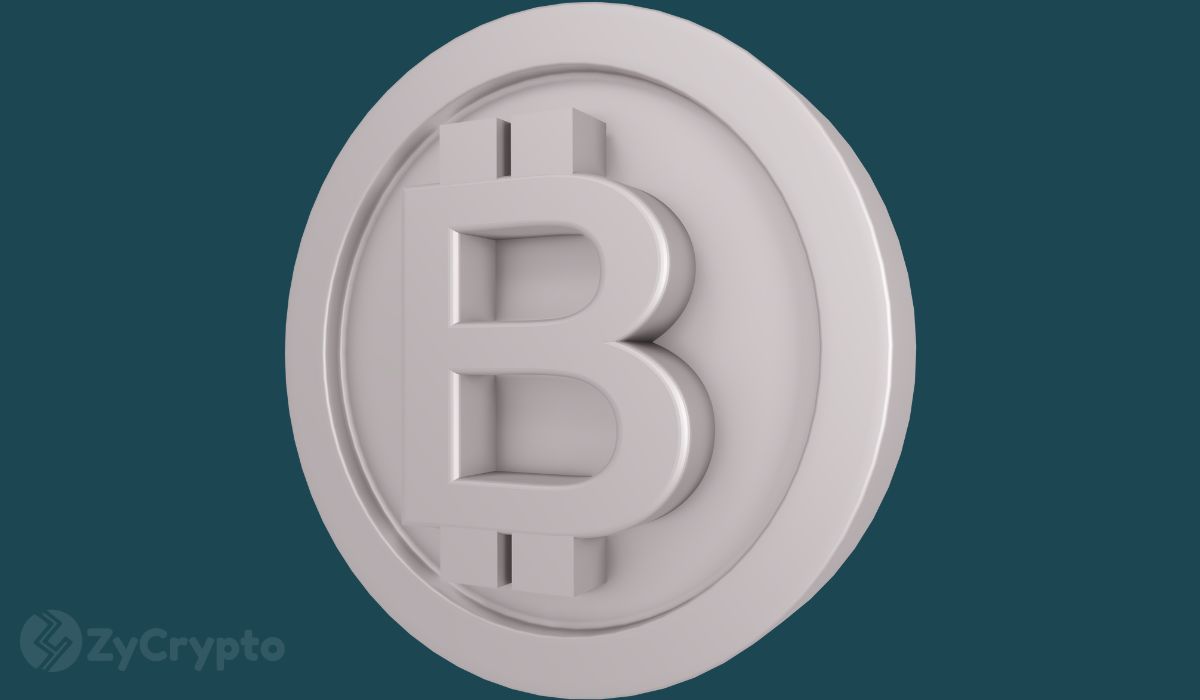ARTICLE AD BOX

Recently, certain banks and broker-dealers received exceptions from the U.S. Securities and Exchange Commission (SEC) to custody crypto assets. This revelation comes despite the standing guidelines of Staff Accounting Bulletin (SAB) 121. Hence, netizens were questioning the actions of the agency and now there is an answer to this ‘bias.’
Why SEC Eased SAB 121 Rule For Certain Entities?
The SAB 121 rules remain unchanged according to an SEC spokesperson. For context, SAB 121, issued by the SEC, outlines the accounting and disclosure obligations for companies holding crypto assets on behalf of customers. The guidance is primarily concerned with ensuring that customers’ crypto assets are protected and accounted for appropriately.
This comes handy particularly in scenarios of financial distress like bankruptcy or resolution. Meanwhile, FOX journalist Eleanor Terrett’s inquiry revealed that specific broker-dealers and custody banks have demonstrated to the SEC staff that their operational models differ significantly from those outlined in SAB 121.
According to the spokesperson quoted by Terrett:
“Certain broker dealers and custody banks have sufficiently demonstrated to SEC staff that their fact patterns are different from those described in SAB 121…such as ensuring that customers maintain ownership of their assets even in the case of a resolution or bankruptcy.”
These entities have managed to assure the SEC that they can maintain customer ownership of assets even under adverse conditions. Thus, they earned exceptions to the stringent requirements of SAB 121.
Furthermore, Terrett disclosed that the SEC’s accounting staff, who are responsible for SAB 121, have conducted private discussions with these financial institutions. These discussions, it appears, were not communicated to the SEC Commissioners. These Commissioners are now working to understand the substance of these conversations.
Also Read: GOP Whip Tom Emmer Accuses SEC Chair of Harassment
Industry Backlash On These Exceptions
While the U.S. House continued to hold President Joe Biden’s veto on the anti-SAB 121 bill, the SEC made the above-mentioned landmark decision. The U.S. regulator introduced a new method allowing banks and brokerages to exclude their customers’ crypto holdings from their balance sheets. Banks must, however, ensure that they manage all related risks effectively.
This decision was a positive development in response to the heated debate in Congress over the controversial crypto-accounting guidelines. According to a source at the SEC, the agency’s staff has begun providing guidance on specific arrangements that allow banks to avoid listing crypto holdings as liabilities on their balance sheets.
Popular banks have been in discussions with the SEC over the past year. Hence, they received approval to omit crypto assets from their balance sheets, provided they ensure customer asset protection in the event of bankruptcy. However, the SEC requires banks to implement additional safeguards and internal controls to protect these holdings.
This move ignited significant backlash from the crypto industry for the supposed “bias.” VanEck’s Head of Digital Assets Research, Matthew Sigel, lauded the latest move but also pointed out the flaws. In a post on X, he wrote, “Good news (albeit still a horrific process that now favors big guys vs. repealing SAB121 which would have set a level playing field).”
Furthermore, Custodia Bank CEO Caitlin Long, who has been expressing frustration toward discrimination in obtaining Fed masteraccounts, also chimed in. She wrote, “SEC leadership extracts revenge on the #crypto industry (one day after Ro Khanna’s White House session) by giving the big banks special ‘exceptions’ from #SAB121, while sidelining #crypto companies still subject to it. How are progressives OK with such corporate favoritism?”
Also Read: Stacks Price Soars 9% As SEC Ends Probe On Bitcoin Layer 2 Developer
The post SEC Insider Reveals Reason Why Agency Eased SAB 121 For Select Entities appeared first on CoinGape.
.png)
 6 months ago
6
6 months ago
6








 English (US)
English (US)